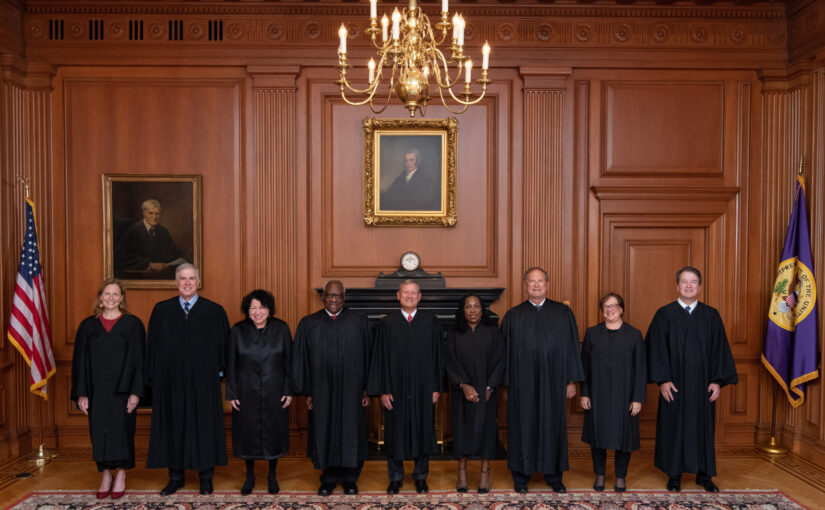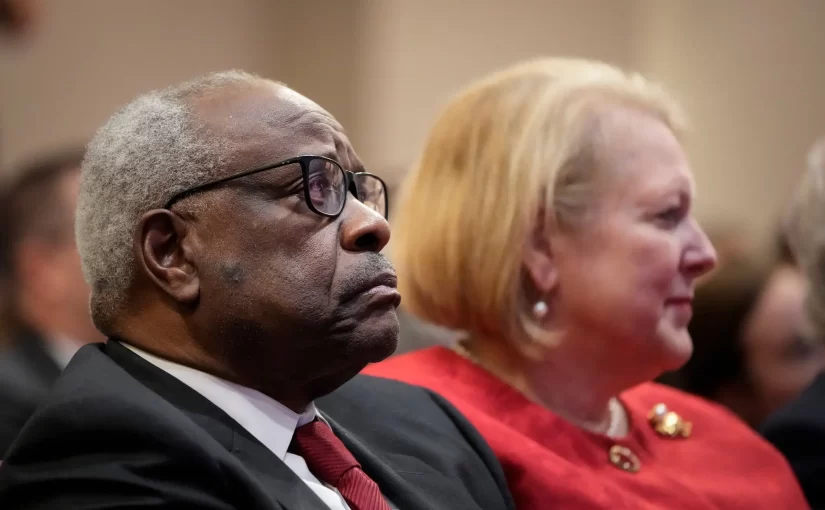I came into this semester wanting to study the U.S. Supreme Court for my public sphere for a plethora of reasons. Most pertinent was that I am a Public Policy and Law student with aspirations to attend law school.
Growing up, and up until this point, I had an idealized vision of the Supreme Court – the same one every student is taught. In immersing myself in current events and news about the Supreme Court, my view was altered throughout the course of the semester.
This was the first time I remained up to date about the happenings of the Supreme Court. It seemed to reveal more turmoil than I imagined. Of course I knew there were controversial opinions and beliefs, but the sheer amount of scandals and distress shocked me.
No wonder the American public is so critical of the judicial body that is the final arbiter of legal issues. Such a little portion of the public that watches the same news I do and sees the same controversies has any faith remaining in the court.
Choosing this as my public sphere acted as a revelation and only bolstered what I want to do in the future. It made me want to be the change in the legal system that people so desperately plead for. I know I can be that change, and I am excited for what is to come and remaining immersed and apprised of my public sphere.



